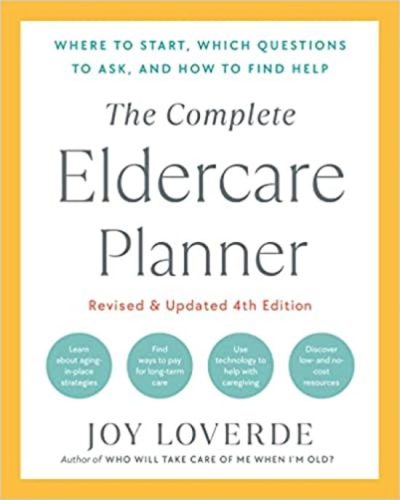Out of nowhere comes an emergency phone call. “Come quick. Your mother fell.” Now you are the one who is thrown off balance. Unquestionably the emotional climate surrounding a medical emergency is highly charged. Suddenly the appointed caregiver is you.
Your game plan in an eldercare emergency is to reduce confusion and runaway emotions. Keep a copy of this blog handy. When the need arises, you have everything you need to get through this experience in one piece. Importantly, don’t let anyone rush you: Resist the temptation to make quick decisions. You are in more control of the situation than you think.
Step One: Get organized.
Create a file to store hard copies of important paperwork. Bring paper and pen wherever you go or start a digital notepad. You are not going to remember anything anybody says. Write everything down. Put dates on your notes. Write down names, titles, emails, and cell phone numbers. an organize and digitalize your documents and notes later. The idea is to record what people tell you so you can make informed decisions going forward.
Step Two: Accumulate resources.
Surround yourself with experts of all kinds – patient advocates, medical staff, financial advisors, elder law professionals, and discharge planners. Ask the experts who else you need to be talking with during this emergency.
Step Three: Gain understanding of the big picture.
Keep your eye on the big picture. Become familiar with what you will likely encounter going forward. The Table of Contents in The Complete Eldercare Planner offers a list of every eldercare need you will be dealing with including: Creating A Care Team; Averting Caregiver Burnout; Communication Tips; Money Matters; Legal Matters; Insurance; Housing; Safety; Transportation; Managing Medical Care; Quality of Life; Dying and Death; and The Documents Locater ™.
Step Four: Ask specific questions.
The situation will evolve quickly. Make extensive use of professionals and their expertise. Keep asking the following questions:
- What is the problem that I am dealing with here?
- What are my short-term options?
- What should I be thinking about long-term?
- What are the costs involved?
- Who else can help me?
Step Five: Gather an informal network of support.
Who will help YOU? Create a list of people you can count on for smaller tasks – siblings, children, grandchildren, spouse/partner, friends, and neighbors. They can be helpful running errands, making phone calls, housekeeping, and shopping. If they don’t volunteer to help, pick up the telephone and solicit their assistance. It’s OK to be assertive.


